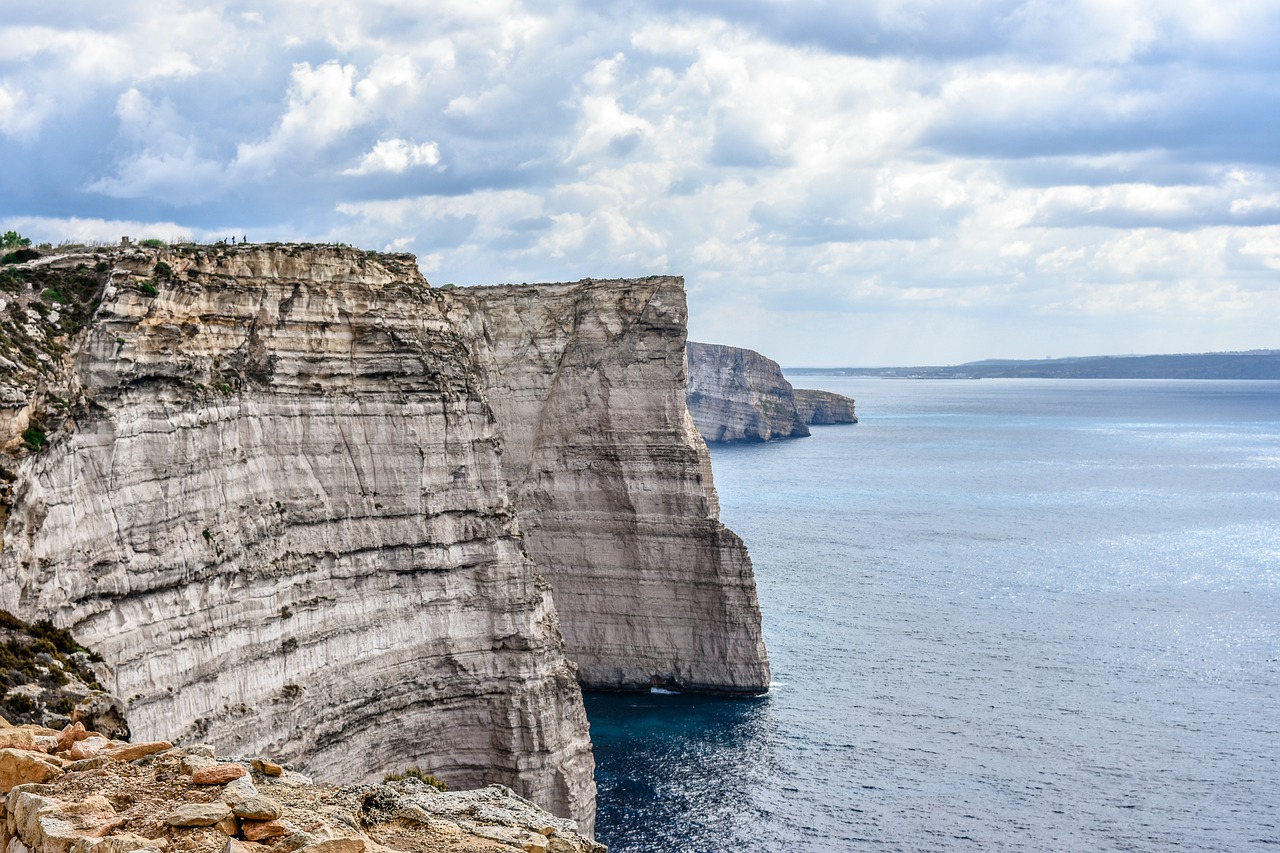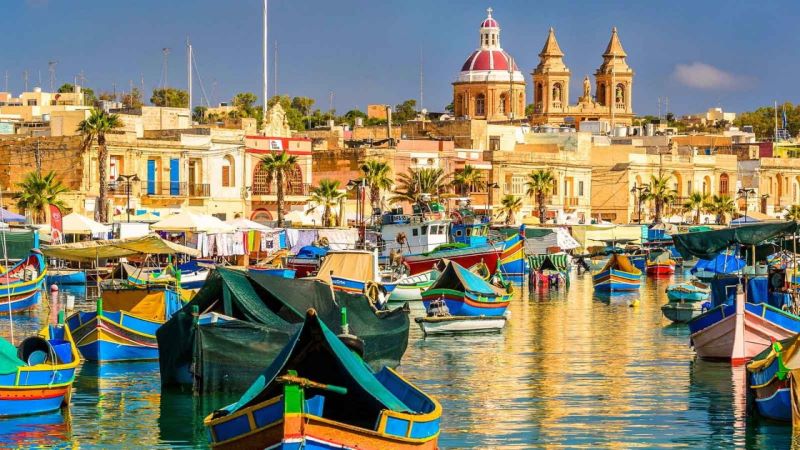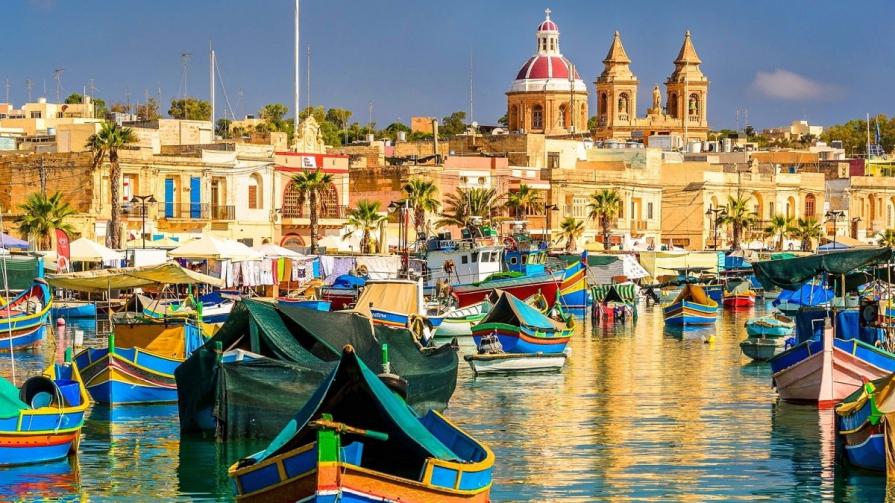Amidst the uncertainty surrounding Brexit, the implications for moving and living in Malta are significant. This European country has been attracting an increasing number of British citizens, particularly retirees, who are enticed by its favorable weather, lower taxes, and convenient access to European travel routes. Currently, over 300,000 British citizens reside in Malta, and those already living there will not be compelled to return to the UK. However, post-Brexit, the process of living in Malta may become more complex. British nationals may need to apply for residency permits and face potentially stricter immigration policies. While their rights are protected under the Withdrawal Agreement, they may be treated similarly to non-EU nationals. Those planning to move to Malta after Brexit will be required to apply for special visas. It is advised to consult the Maltese government for further information on eligibility for residency in Malta, as the process can be time-consuming due to high demand.
Key Takeaways
- Number of Britons living in Malta has increased since 2014
- Britons already living in Malta will not be forced to return home
- Britons may have to go through a more complicated process to live in Malta post-Brexit
- Britons hoping to move to Malta need to apply for special visas
Moving to Malta: Pre-Brexit Considerations
The implications of Brexit on moving to Malta include the potential requirement for Britons to apply for residency permits and face stricter immigration policies, as well as the need to obtain special visas for those hoping to relocate to the country. Prior to Brexit, British citizens were able to live in Malta without the need for visas or permits. However, post-Brexit, Britons may have to go through a more complicated process to live in Malta. This could involve applying for residency permits and facing stricter immigration policies. Additionally, those hoping to move to Malta may need to apply for special visas such as a Right to Reside Certificate, work permit, or residence permit depending on their situation. It is important for Britons to be aware of these pre-Brexit visa requirements and the potential post-Brexit travel implications when considering a move to Malta.
Residency and Immigration Policies
Residency and immigration policies in Malta are expected to undergo changes due to the UK’s withdrawal from the European Union. Post-Brexit immigration rules may have implications for British retirees in Malta. It is anticipated that Britons already living in Malta will need to apply for residency permits and could face stricter immigration policies. British nationals may be treated similarly to non-EU nationals when living in Malta post-Brexit. However, the rights of British nationals in Malta are protected under the Withdrawal Agreement. Those who lived in Malta before Brexit and applied for a Withdrawal Agreement permit can continue residing in the country. For Britons hoping to move to Malta post-Brexit, they may need to apply for special visas, such as a Right to Reside Certificate, work permit, or residence permit, depending on their situation. It is advisable for British citizens to contact the Maltese government for more information on eligibility for residency in Malta.
Rights and Protections for British Nationals
Rights and protections for British nationals in Malta post-Brexit are safeguarded under the Withdrawal Agreement. The agreement ensures that Britons who lived in Malta before Brexit can continue residing in the country if they applied for a Withdrawal Agreement permit. However, Britons hoping to move to Malta post-Brexit may face a more complicated process. They may need to apply for special visas, such as a Right to Reside Certificate, work permit, or residence permit, depending on their situation. It is important to note that British nationals will be treated similarly to non-EU nationals when living in Malta post-Brexit. The Maltese and UK governments are working together to ensure that the rights of citizens in each other’s territories remain protected. As Brexit may result in stricter immigration policies, it is advisable for British citizens to contact the Maltese government for more information on eligibility for residency in Malta.
Impact on Job Market and Unemployment
Brexit’s impact on the job market in Malta has raised concerns about potential job losses and increased unemployment rates. The Maltese labor force is at risk, particularly in sectors such as healthcare, as professionals are leaving for other European countries. This migration of skilled workers could result in a shortage of essential services and negatively impact the overall economy. Additionally, Maltese people living in Britain may choose to move back to Malta due to uncertainties surrounding Brexit, further impacting the labor force. However, despite these concerns, Malta’s economy is expected to remain stable through negotiations with the UK government. The Maltese and UK governments are working together to ensure the rights and protections of citizens in each other’s territories. It is important for British citizens looking to live in Malta post-Brexit to be aware of the potential challenges and to explore options such as obtaining an EU permit and contacting the Maltese government for more information on eligibility for residency.
Navigating the Process: Seeking Expert Assistance
One way to navigate the process of moving to Malta post-Brexit is by seeking the assistance of a relocation expert who can provide guidance and support throughout the entire process. These experts are experienced in the intricacies of the relocation process and can help individuals understand the requirements and procedures involved in obtaining the necessary permits and visas. They can also assist with apartment hunting, job searches, and connecting with other expats, which can be particularly beneficial for those unfamiliar with the country. Navigating the process of moving to Malta post-Brexit can be challenging due to potential changes in immigration policies and the increased demand for residency permits. Therefore, having an expert by your side can alleviate stress and ensure a smoother transition. Their expertise can help individuals make informed decisions and avoid potential pitfalls, making the relocation process a more efficient and successful one.
Frequently Asked Questions
What are the specific requirements for British citizens to obtain a residence permit in Malta post-Brexit?
To obtain a residence permit in Malta post-Brexit, British citizens need to apply for a Withdrawal Agreement permit if they lived in Malta before Brexit. For those hoping to move to Malta, special visas such as a residence permit, working visa, student visa, or retirement visa may be required.
How will Brexit impact the healthcare sector in Malta, particularly in terms of the loss of healthcare professionals?
Brexit’s impact on healthcare professionals in Malta includes the risk of losing skilled workers to other European countries. This could lead to a shortage of healthcare professionals and potential challenges in providing adequate healthcare services. Retirees in Malta post-Brexit may face difficulties in accessing healthcare due to potential changes in healthcare policies and the potential loss of healthcare professionals.
Will British citizens living in Malta be subject to any additional visa requirements when traveling to other European countries post-Brexit?
British citizens living in Malta may face additional visa requirements when traveling to other European countries post-Brexit. This could include obtaining travel visas or facing stricter immigration policies, potentially impacting their ability to freely travel within Europe.
What are the potential difficulties that retirees in Malta may face when moving back to Britain post-Brexit?
The potential difficulties faced by retirees in Malta when moving back to Britain post-Brexit include the impact on the healthcare sector, with healthcare professionals leaving for other European countries, potentially leading to a shortage of healthcare workers.
How can a Malta relocation expert assist British citizens in the process of moving to Malta, particularly in terms of finding a new home and connecting with other expats?
A Malta relocation expert can provide essential relocation services to British citizens moving to Malta, including assistance in finding a new home and connecting with the expat community, facilitating a smooth transition and integration into their new environment.








